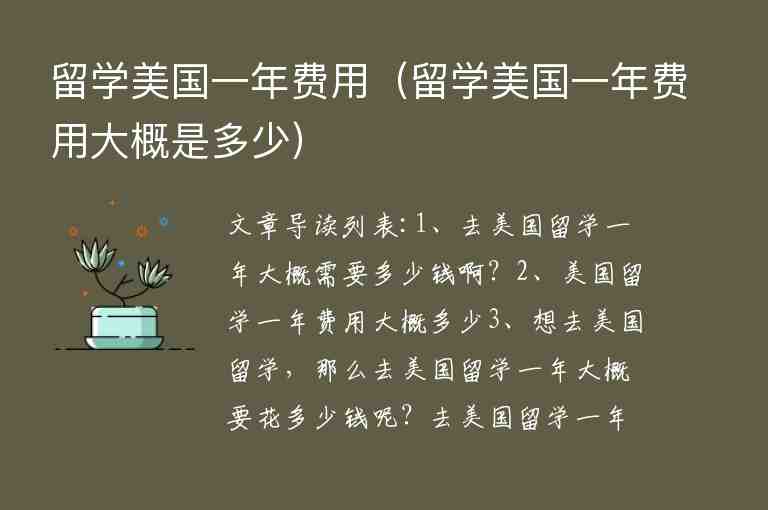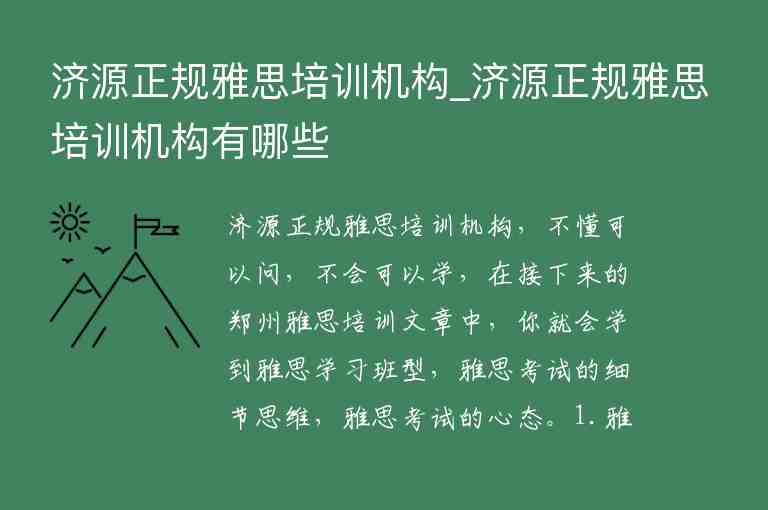英 [ˈælədʒi]
美 [ˈælɚdʒi]
n. 过敏,反感,厌恶
用法:allergy是一个名词,指的是人体对某种物质或环境的过度反应,通常会导致身体不适或症状。这种反应被称为过敏反应,而引起过敏反应的物质则被称为过敏原。
例句1:She has an allergy to peanuts, so she can't eat anything with peanut in it.
她对花生过敏,所以她不能吃任何含有花生的食物。
例句2:My son has a severe allergy to cats, so we can't have one as a pet.
我儿子对猫有严重的过敏,所以我们不能养宠物猫。
例句3:The doctor prescribed an antihistamine for my seasonal allergies.
医生给我开了一种抗组胺药来治疗我的季节性过敏。
例句4:Some people may develop an allergy to certain medications after repeated use.
一些人在多次使用后可能会对某些药物产生过敏反应。
例句5:It's important for people with allergies to carry an epinephrine auto-injector in case of a severe reaction.
对于有过敏史的人来说,携带肾上腺素自动注射器以防严重反应是很重要的。
同义词及用法:
1. Hypersensitivity (n.) 过敏反应,敏感性
例句:His hypersensitivity to criticism makes it difficult for him to take constructive feedback.
2. Allergic reaction (n.) 过敏反应
例句:She had an allergic reaction to the new laundry detergent and broke out in hives.
3. Sensitivity (n.) 敏感性,过敏
例句:The child's sensitivity to pollen caused him to have constant sneezing and watery eyes.
4. Intolerance (n.) 不耐受,不宽容
例句:Some people have an intolerance to certain foods, causing them to have digestive issues.
编辑总结:
allergy是一个常见的词汇,在医疗和日常生活中都有广泛的应用。了解过敏原和过敏反应对于保护我们的健康非常重要。如果对某种物质或环境有过敏反应,一定要避免接触,并在必要时寻求医疗帮助。

